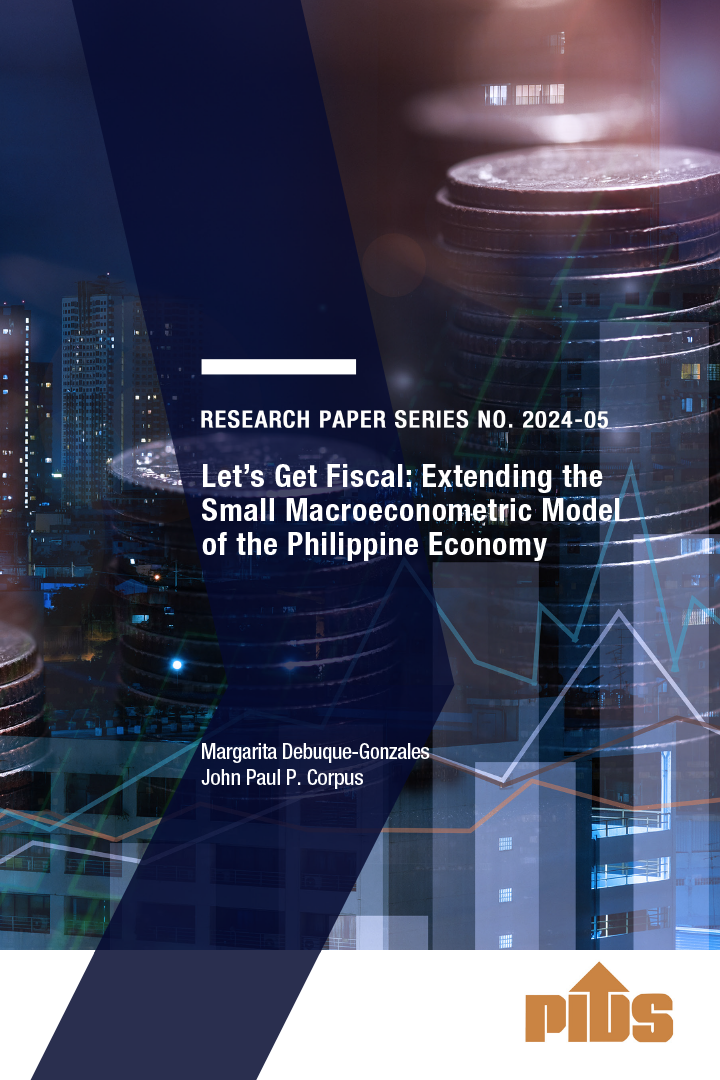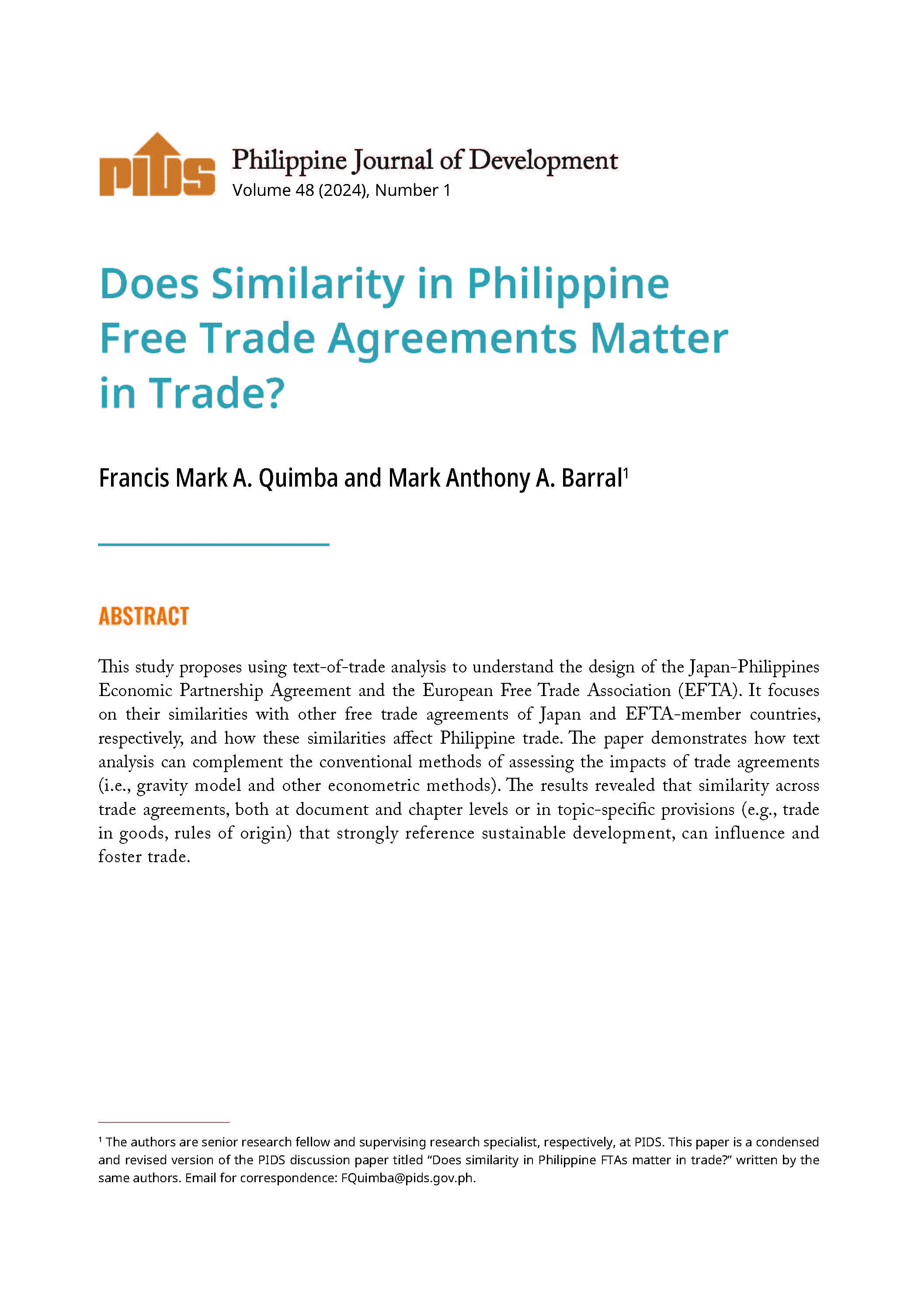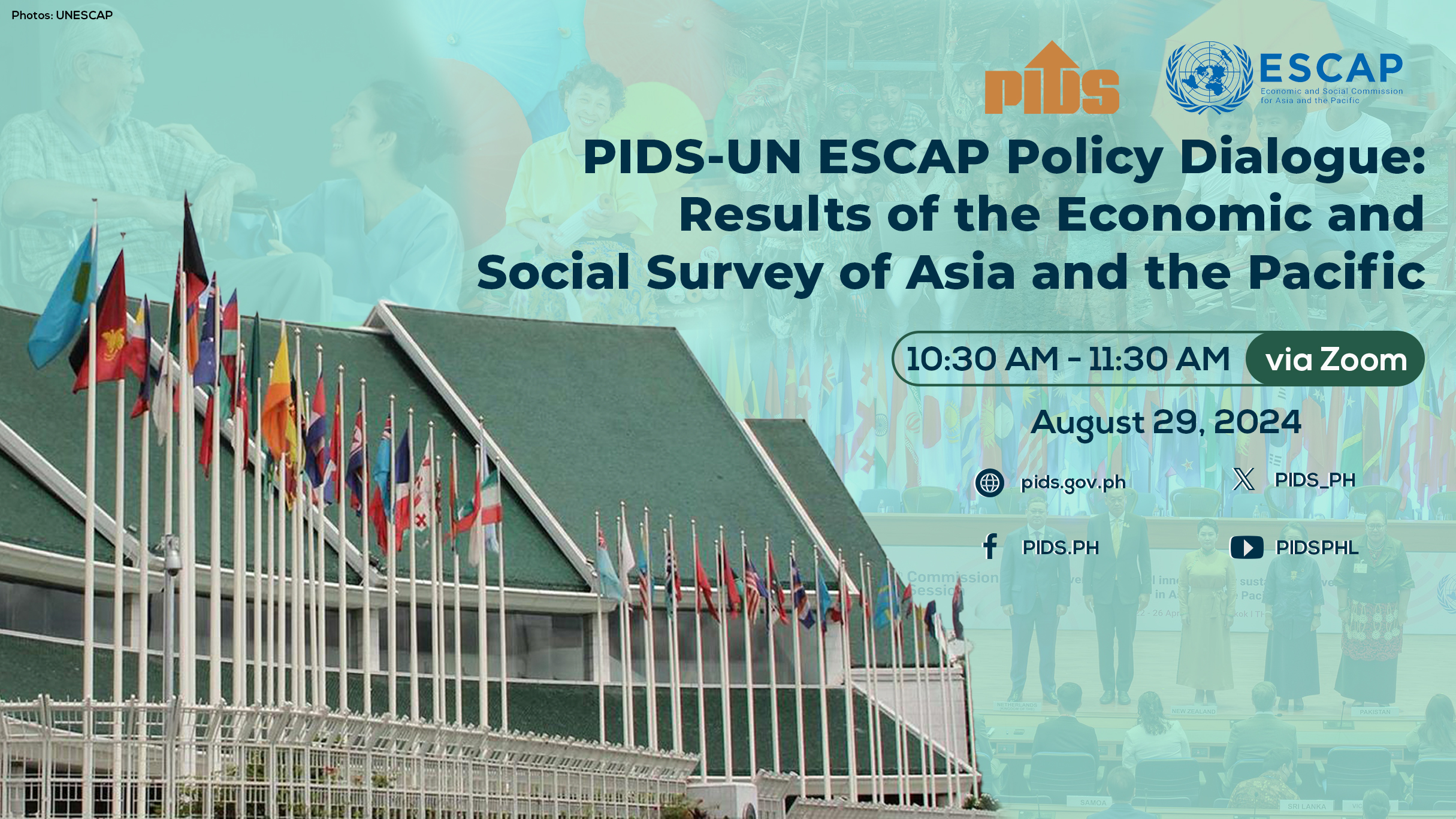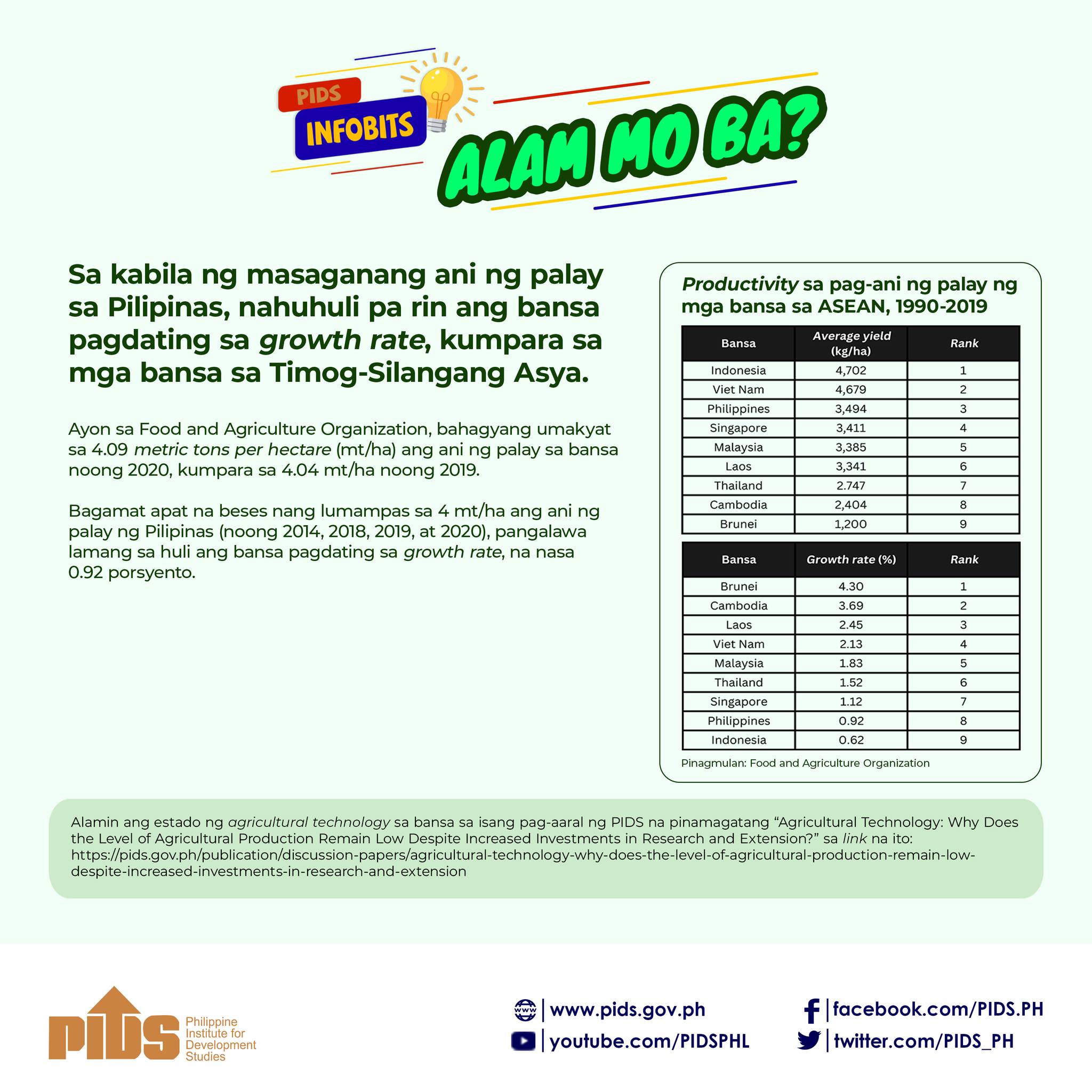To sustain economic gains in the country, Philippine Institute for Development Studies (PIDS) Board of Trustees Alfredo Pascual urged the implementation of a cluster approach in doing business especially among small and medium enterprises.
“I think we need to promote the clustering of these enterprises so they can work closely with large anchor enterprises which can provide them with markets, production technology, and financing,” he said, adding that this strategy “will make the economic growth inclusive”.
Pascual made this statement as one of the speakers during the panel discussion following the launch of Asian Development Bank’s history book “Banking on the Future of Asia and the Pacific” at the ADB Headquarters in Manila on Tuesday, June 20.
The other panelists, which include Socioeconomic Planning Secretary and National Economic Development Authority Director-General Ernesto Pernia, Asian Institute of Management (AIM) President Jikyeong Kang, ADB President Takehiko Nakao, and AIM Board Member and former Secretary of Foreign Affairs Delia Albert, also agreed that one of the important factors of economic growth is investing on infrastructure.
In the Philippines, Pernia said the country’s massive spending on infrastructure will give “additional kick to economic growth” albeit, difficult.
“It’s so easy to approve projects. You analyze projects and you find them economically viable and financially sound, but when it comes to implementing on the ground, that is where you encounter hiccups,” he explained.
Pernia also encouraged the public to have “virtuous impatience”, saying that “citizens need to demand government for better performance and faster approval of projects.”
Kang, for her part, also stressed the importance of providing entrepreneurs a conducive environment where they can grow, and allowing new entrepreneurs to come in and compete with established businesses
Nakao, on the other hand, called for support on tax and education reform in the country saying that if the country starts changing, it can happen much more speedily, than anybody can expect.
“I think we need to promote the clustering of these enterprises so they can work closely with large anchor enterprises which can provide them with markets, production technology, and financing,” he said, adding that this strategy “will make the economic growth inclusive”.
Pascual made this statement as one of the speakers during the panel discussion following the launch of Asian Development Bank’s history book “Banking on the Future of Asia and the Pacific” at the ADB Headquarters in Manila on Tuesday, June 20.
The other panelists, which include Socioeconomic Planning Secretary and National Economic Development Authority Director-General Ernesto Pernia, Asian Institute of Management (AIM) President Jikyeong Kang, ADB President Takehiko Nakao, and AIM Board Member and former Secretary of Foreign Affairs Delia Albert, also agreed that one of the important factors of economic growth is investing on infrastructure.
In the Philippines, Pernia said the country’s massive spending on infrastructure will give “additional kick to economic growth” albeit, difficult.
“It’s so easy to approve projects. You analyze projects and you find them economically viable and financially sound, but when it comes to implementing on the ground, that is where you encounter hiccups,” he explained.
Pernia also encouraged the public to have “virtuous impatience”, saying that “citizens need to demand government for better performance and faster approval of projects.”
Kang, for her part, also stressed the importance of providing entrepreneurs a conducive environment where they can grow, and allowing new entrepreneurs to come in and compete with established businesses
Nakao, on the other hand, called for support on tax and education reform in the country saying that if the country starts changing, it can happen much more speedily, than anybody can expect.












